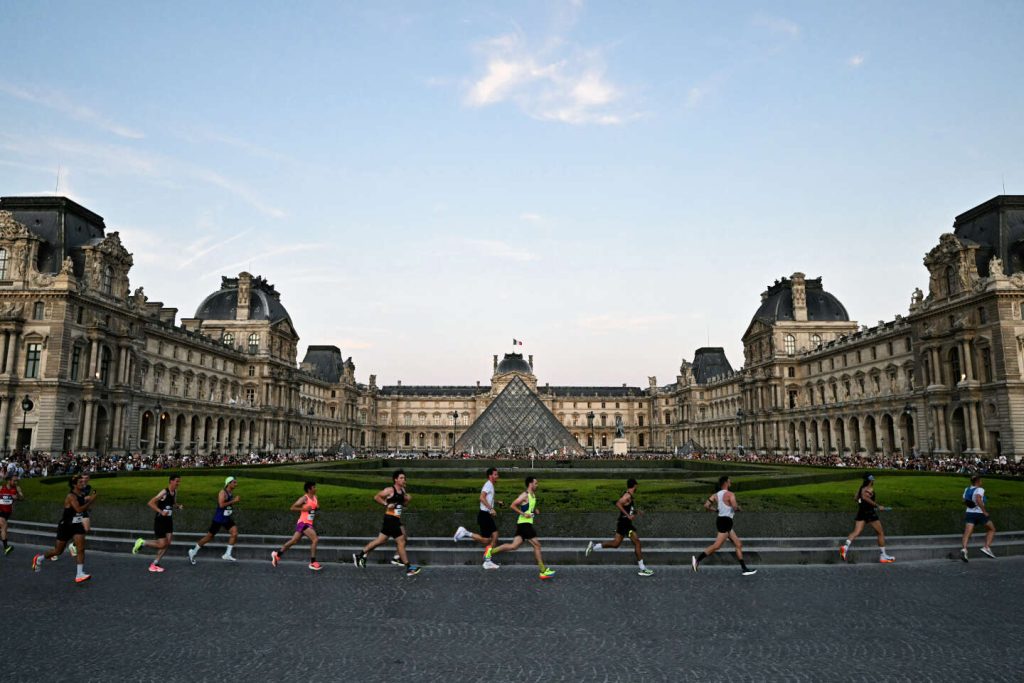France has achieved success in the recent Olympics and Paralympics, with a historical total of 64 medals at the Olympic Games and 75 medals at the Paralympic Games. This success contrasts sharply with the state of French sports just eighteen months ago, which was marked by scandals and crises within various sports organizations. However, since then, the situation has been improved, with unprecedented resources allocated to high performance and the development of sporting practices under the oversight of the National Sports Agency. This investment has led to the emergence of France as a competitive sports powerhouse, especially as the host for the 2024 Olympics.
Historian Patrick Clastres notes that France has historically ranked between fifth and eighth place in the Olympic medal standings, in line with its economic and military status. The country has excelled in team sports such as handball, basketball, and volleyball, demonstrating its strength in these areas compared to neighboring countries like Germany. Additionally, France’s sports model is built on a network of local sports clubs that cater to young athletes aspiring to follow in the footsteps of Olympic champions like Léon Marchand, Teddy Riner, Pauline Ferrand-Prévot, and Manon Apithy-Brunet, who achieved success in Paris.
The increase in licensed athletes by 15% to 18% following the recent Olympics and Paralympics has been a significant boost for sports in France, with an estimated additional 2.5 million participants in various sports activities. This surge in interest extends beyond organized sports clubs to activities like running, gym workouts, futsal, and rock climbing. However, some caution has been expressed by figures in the sports community, such as David Lappartient, president of the French Olympic Committee, who believes it will take time to assess the long-term impact of the Games on sports participation rates.
The success of French athletes at the recent Games has showcased the country’s competitiveness in various sporting disciplines and underlined its position as a traditional sports power. While the increased interest and participation in sports following the Games are promising, the sustainability of this growth remains to be seen over the coming years. The challenge now lies in capitalizing on the momentum generated by the Games to further develop and promote sports in France, ensuring that the benefits of this success are felt across the sports community at all levels. With the host status for the 2024 Olympics, France has an opportunity to further solidify its position as a leading sports nation and continue to inspire future generations of athletes.


